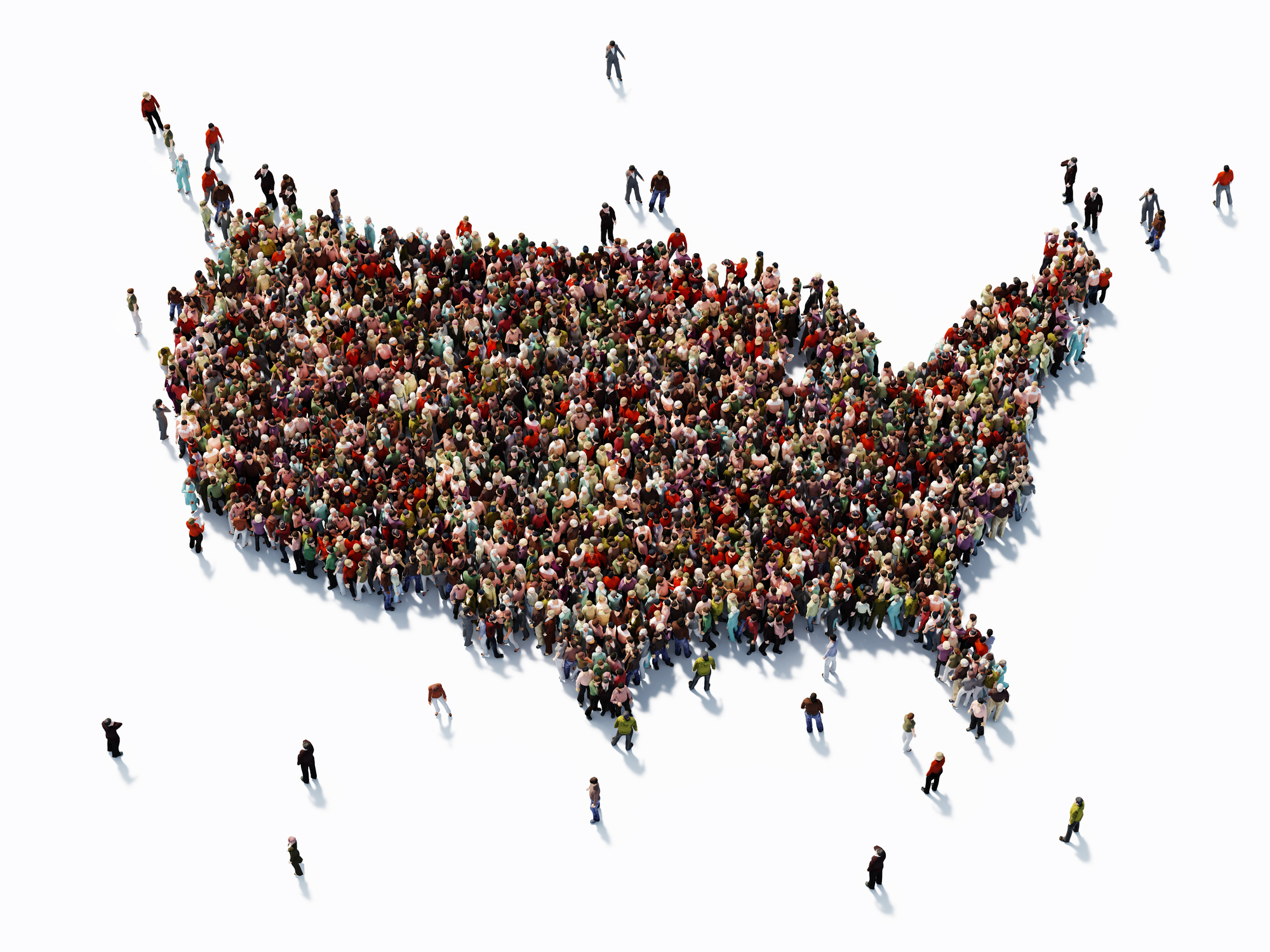
The Berkeley Beverage Tax
The Berkeley beverage tax has backfired. Since the tax took effect, people are consuming more calories than before – from non-taxed beverages.
In 2014, elected officials sold Berkeley, Calif., on a beverage tax. They said it would cut calories and reduce obesity. But research shows the opposite is true.
The numbers from a study by tax supporters says that Berkeley residents consumed 6 fewer calories per day from taxed beverages. But they more than offset this number with a 32-calorie per day increase from consuming high calorie, non-taxed beverages, such as milkshakes, smoothies and horchatas.
People also flocked to stores neighboring Berkeley, which showed the highest increase in sales of beverages with sugar. When stores within Berkeley chose to absorb the tax, they reduced their income – hurting their business and their employees.
As experts have said, beverage taxes may generate revenue that line government coffers, but they don’t deliver real or lasting health behavior changes. In cases like Berkeley, taxes even drive increased calories – on top of economic losses and higher costs for working families.
Berkeley NEWS
Opinion: Soda consumption is not declining in Berkeley, despite recent headlines
On Feb. 22, Berkeleyside reported the results of a UC Berkeley study. The… Read More
Report Questions Effectiveness of Berkeley Soda Tax
Over the past two years, several studies examining the effect of… Read More
Do Soda Taxes Work? Not Unless Retailers Raise Prices
Soda’s empty calories are public enemy number one in the fight against… Read More
How Taxing Sugary Drinks Can Make People Fatter
Sugary drink taxes drive some consumers to purchase substitute products that… Read More
